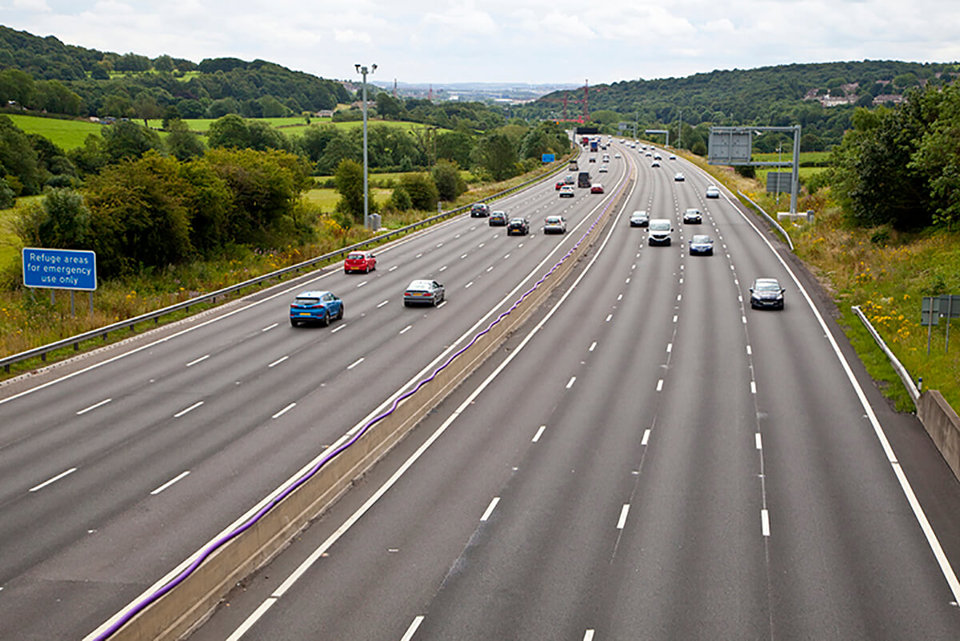Recession has changed the shape of the UK’s car parc according to new figures released today by the Society of Motor Manufacturers and Traders (SMMT). Over the last 10 years, the total number of cars on UK roads (parc) has grown 9%, but that is a slower rate than the previous decade which recorded a 17% rise.
To the end of last year, the total parc increased to 31,362,716, up on 2010 by 104,519 units (0.3%). The average car on UK roads is now 7.44 years old, around two months older than a year ago, suggesting motorists are keeping cars for longer.
However, this could be a false economy as the average new car is 20% more efficient than a typical seven year old car, saving the average motorist around £400 each year. In the average car’s lifetime, it will have four owners, but there are 341 cars on UK roads with more than 20 registered keepers, and more than 5.3 million cars over 12 years old.
Motorists continued to seek out the most fuel efficient vehicles in 2011, as diesel car registrations overtook petrol for the first time taking a 50.6% market share. The growing trend of diesel registrations, coupled with the increasing share of alternatively-fuelled vehicles, resulted in there now being fewer petrol cars on the road than at any time since 1988.
With fuel efficiency at the front of every motorist’s mind, it is no surprise to see the number of tax-free cars on the road double since last year to more than 120,000 vehicles (cars emitting under 100g/km.
The data comes from the SMMT’s largest ever annual Motorparc census that analyses full details including make, model, variant, colour, emissions and age of every car, van, truck, bus and coach on UK roads.
















Login to comment
Comments
No comments have been made yet.